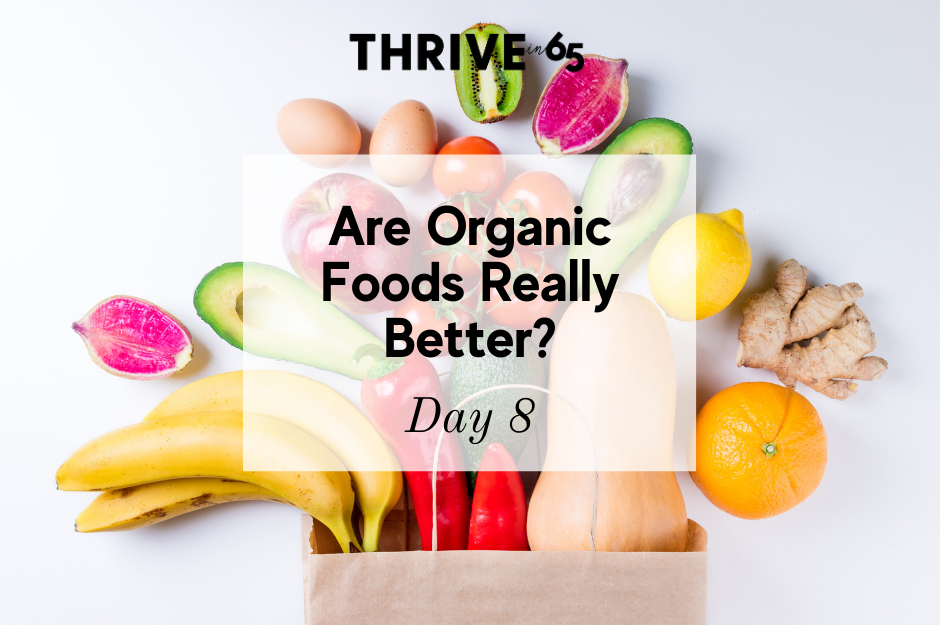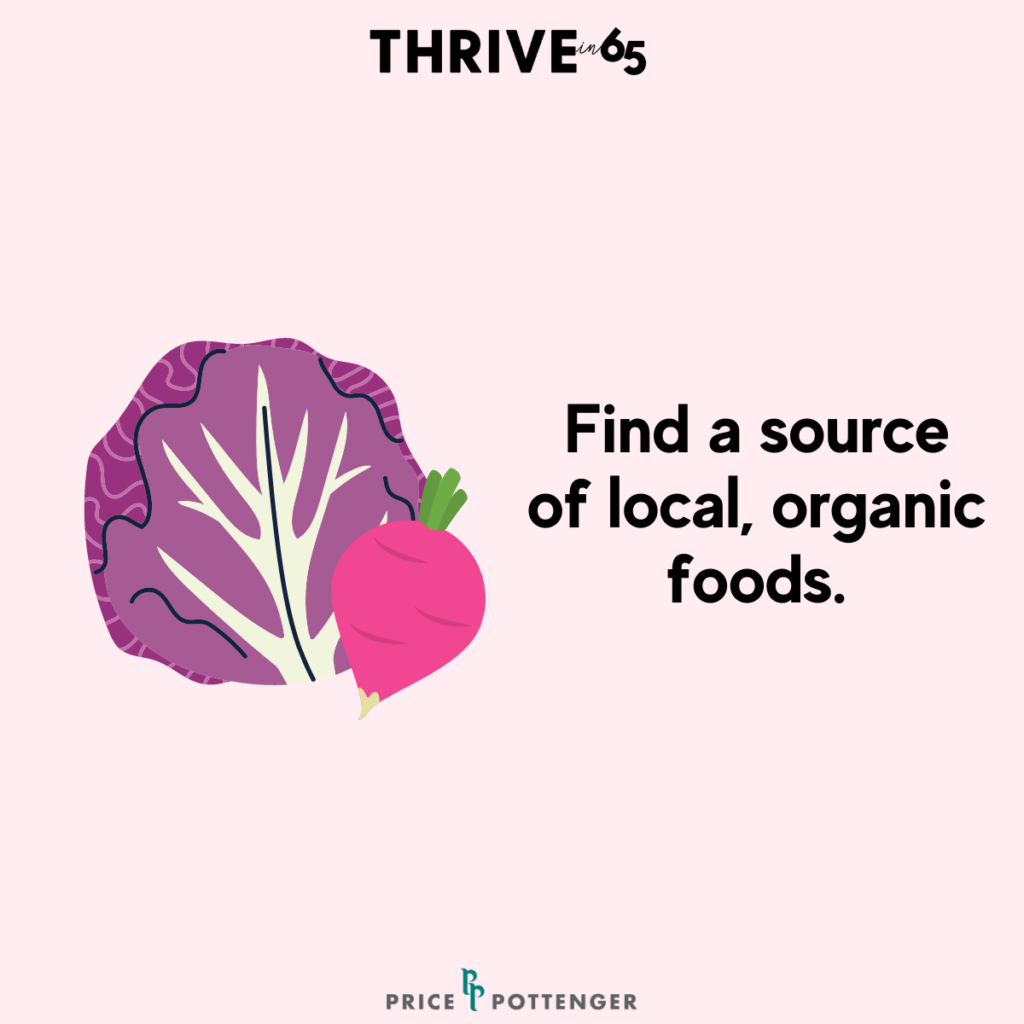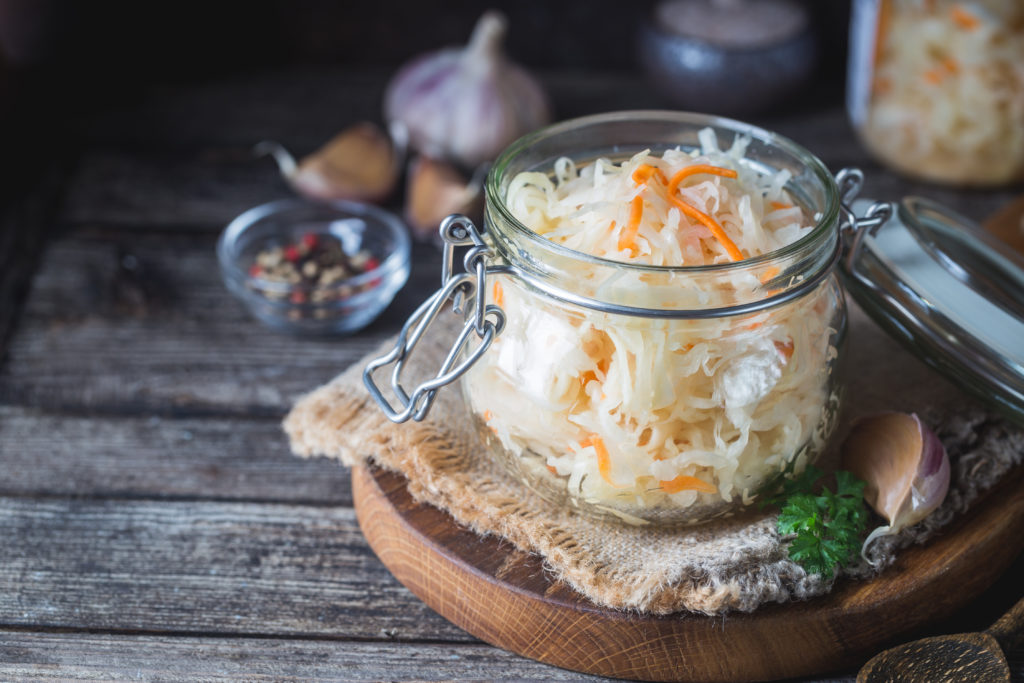Access to all articles, new health classes, discounts in our store, and more!
Are Organic Foods Really Better?

In a time when food insecurity is high and food access is challenging for many, the question becomes increasingly more important: are organic foods really better? Are they worth the extra cost? Do organic foods contain more nutrients?
Benefits of Organic Foods
Is organic food actually healthier? Research indeed supports this. For example, a study that compared organic and conventional tomato juice found that the organic version had more polyphenols. Polyphenols are some of the healthy compounds found in tomatoes. Organic crops tend to have higher levels of antioxidants, lower levels of toxic heavy metals, and fewer pesticide residues. Consuming organic foods can also decrease exposure to antibiotic-resistant bacteria.
In addition, buying local organic produce can make a big difference. Fresh foods lose nutrients as they’re stored and packaged. If you’re buying organic produce from a local farm, just hours or days after it has been harvested, you’re going to have foods that are fresher and richer in nutritional content.
Other reasons why organic food is beneficial:
- Organic farming practices are more environmentally friendly than big-farming operations by releasing fewer carbon emissions and not leaching toxic chemicals into waterways.
- Organic farming contributes to the ecosystem by investing in the health of the soil and crop yields can be brought up to 40 percent higher in times of drought.
- Organic foods prohibit GMOs and artificial preservatives and additives.
Limitations in Organic Food Labeling
When it comes to organic food labeling, it’s not as straightforward as it might seem. The United States Department of Agriculture has different allowable standards for certain label claims.
- “100% Organic” usually refers to whole foods (vegetables, fruit) that have been grown on organic farms. Organic farms must have been pesticide-free for at least 3 years before receiving certification. No synthetic fertilizers or prohibited pesticides may be used.
- “Organic” means that 95% of the ingredients in the product are organic. Checking the food label will identify which components are organic and which are not.
- “Made With Organic” refers to specific ingredients or components that are organic, but means that some other components of the product are not organic. The total non-organic components of the product are more than 5%.
Keep in mind that local, small farms that utilize organic farming practices may not be USDA certified. The USDA does not require farms that market less than $5,000 worth of produce to apply for and receive certification.
When working with local farmers, it’s important to speak to them directly about their farming practices. Building relationships with local producers is a great way to support seasonal eating.
Organic foods are indeed worth the added cost, and buying from local sources not only supports small businesses but gives you better quality foods. Many organic farming operations are massive businesses, and the food is harvested early and transported across the country—resulting in fewer nutrients than if the foods are picked at the prime harvest time in your area. When buying organic, pay attention to where the product was grown and try to choose products as close to home as possible.
Today’s Simple Step
If you don’t live in an area where farmer’s markets happen year-round, this can be challenging, but even in the winter months, local farms are in operation. Search Facebook, Google, or ask local chiropractors, nutritionists, or other natural health practitioners if they have local food sources. Explore joining a co-op or farm share, or consider purchasing grass-fed meat directly from a farmer.
Today’s Recipe
This Lacto-Fermented Cole Slaw is a great way to make use of local, organic foods in the winter months. Plus, fermented foods are rich in natural probiotics that can support immune health throughout the typical cold and flu season.




